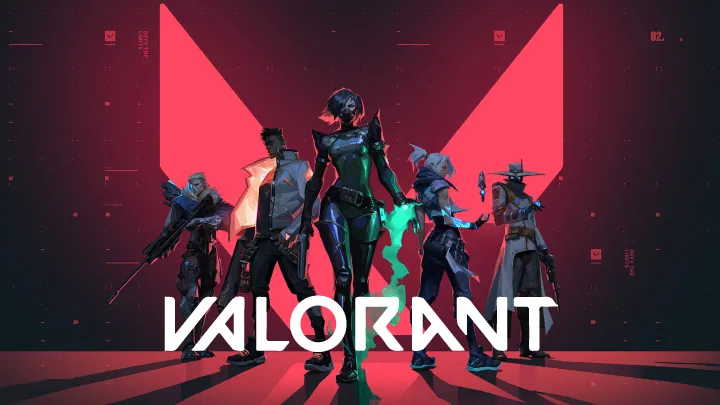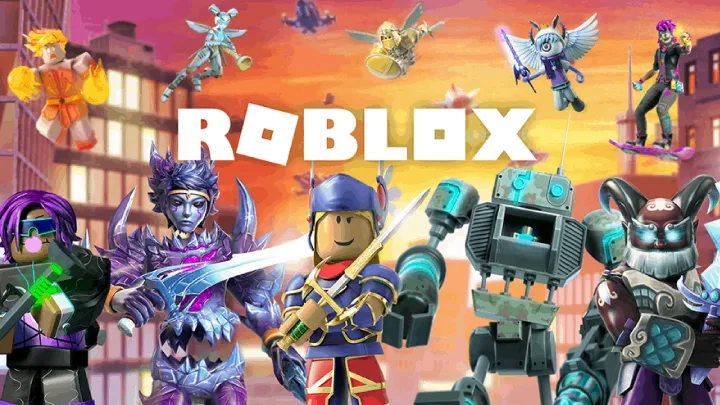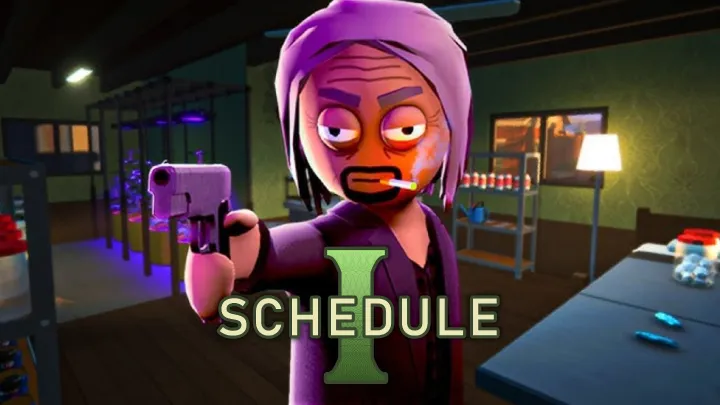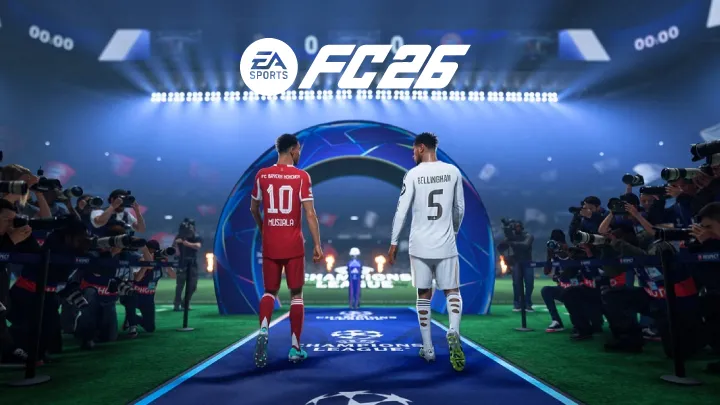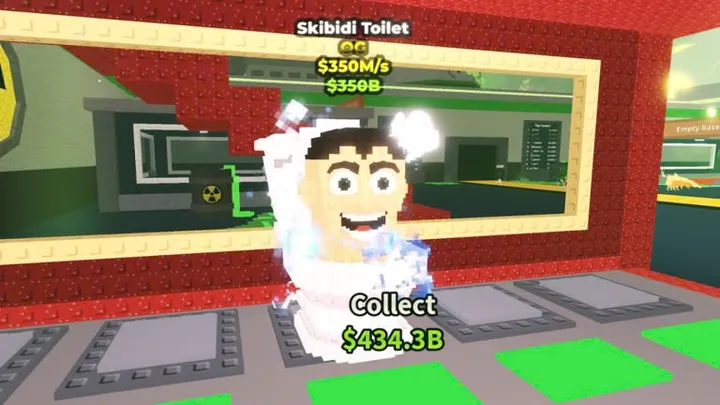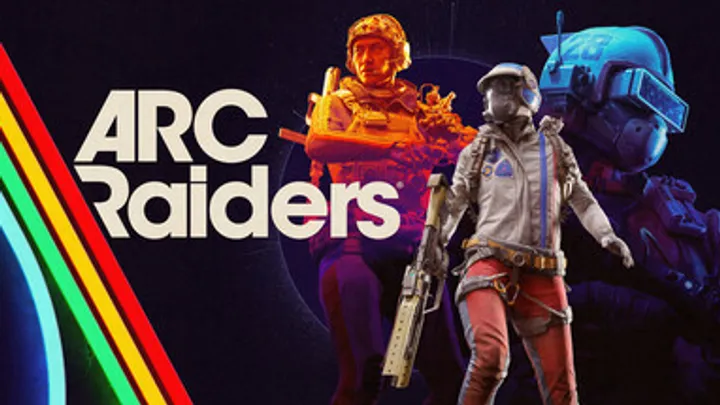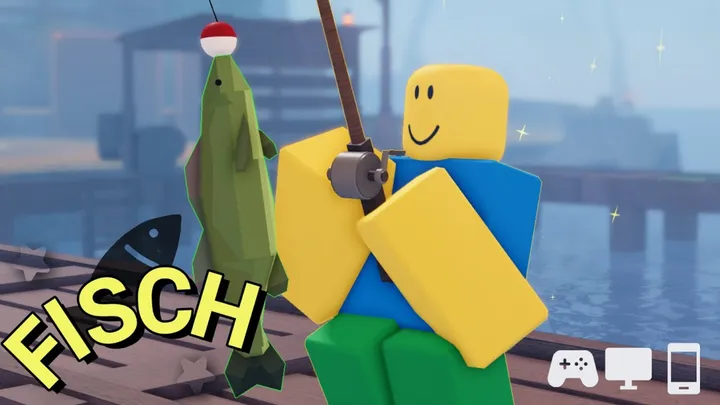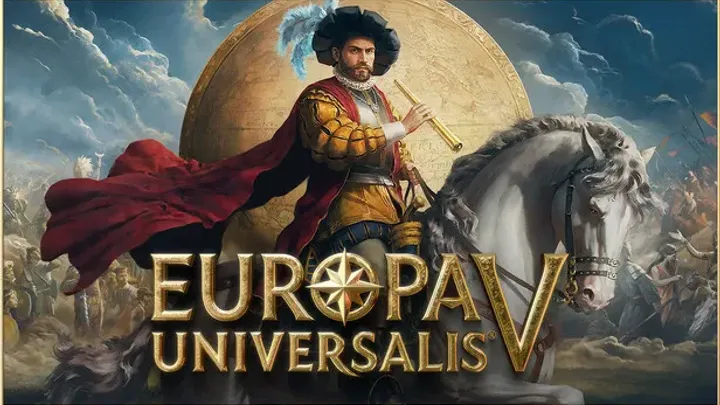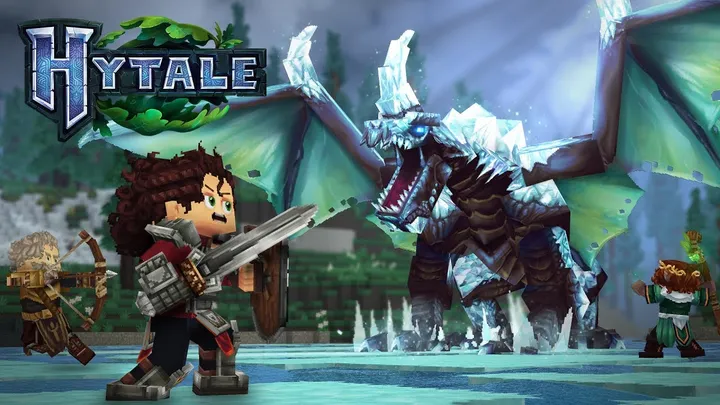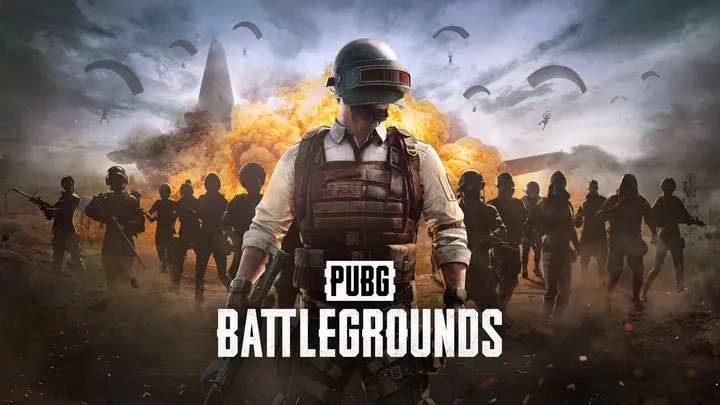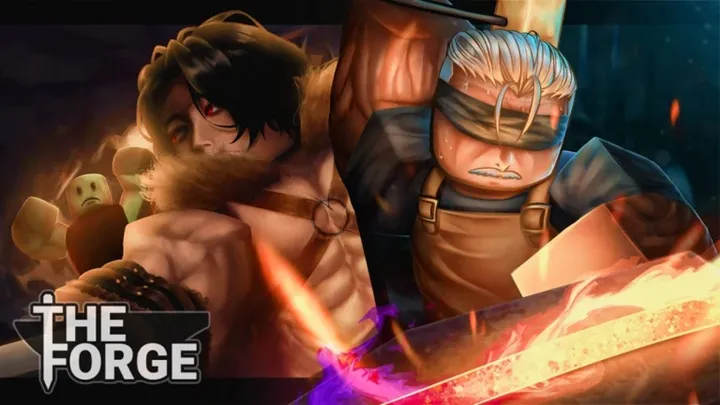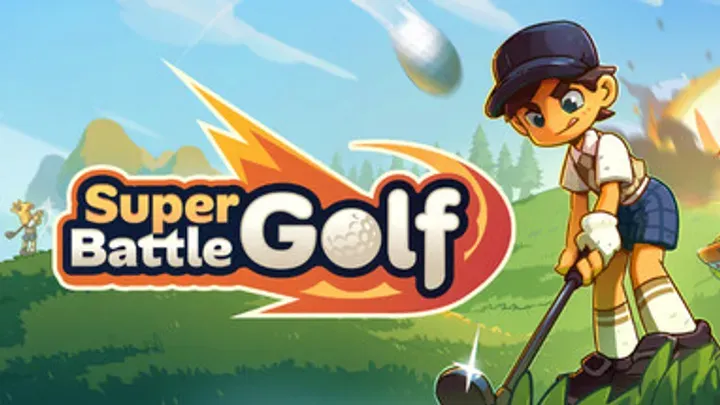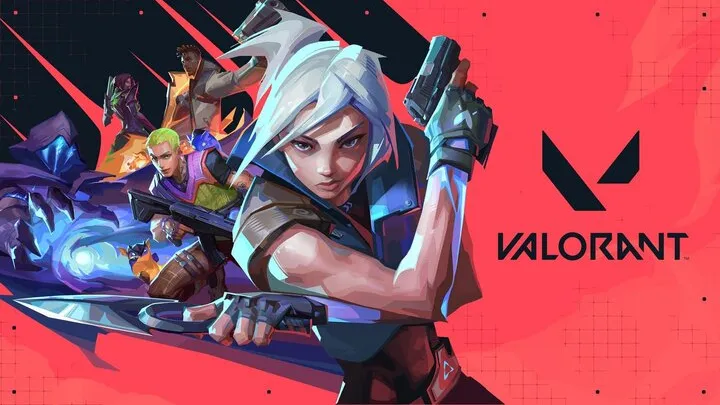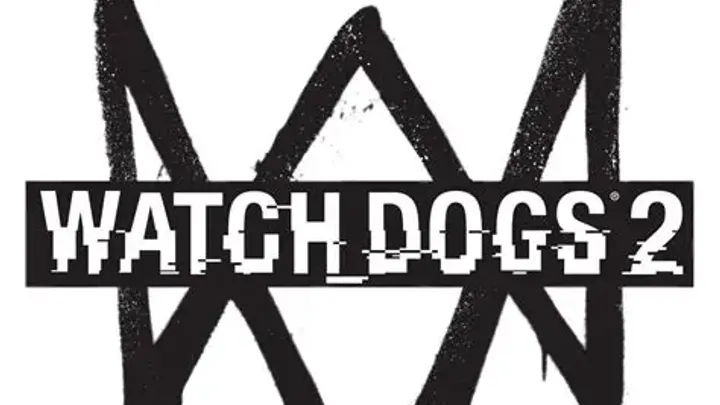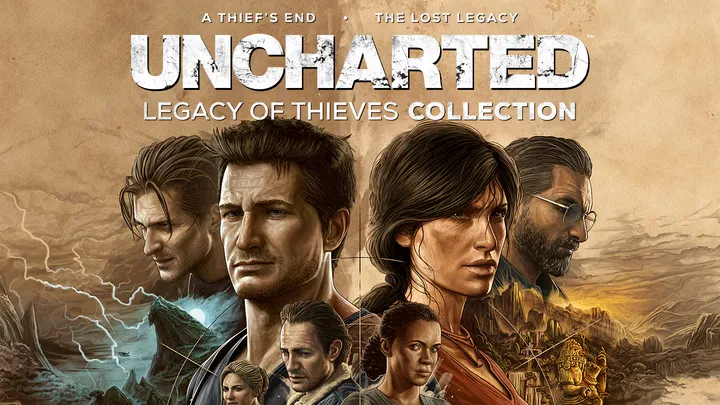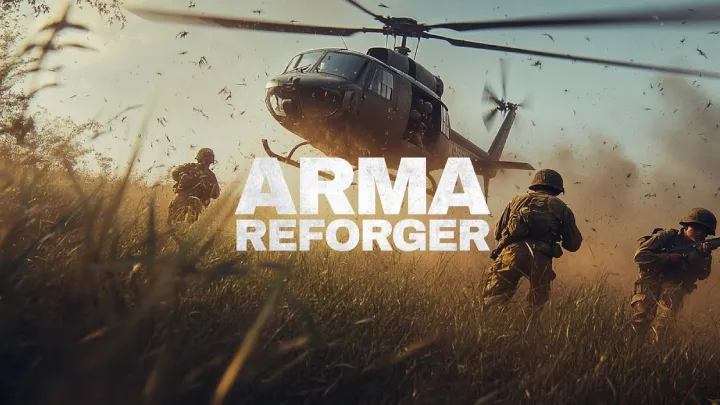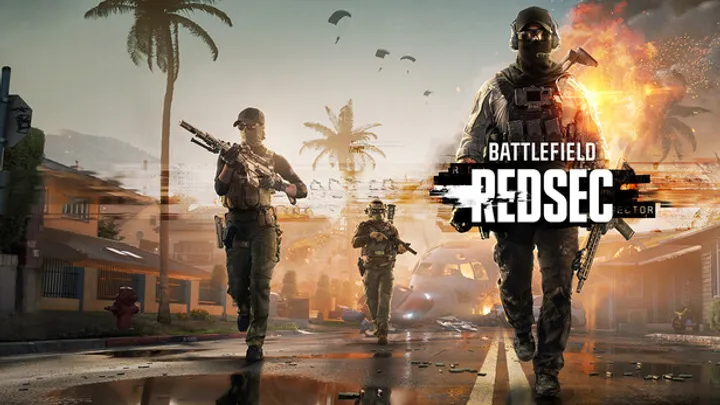Introduction
Released by Riot Games in 2020, Valorant is a tactical first-person shooter that blends classic Counter-Strike–style precision gunplay with Overwatch-inspired hero abilities. This hybrid approach created a new competitive ecosystem almost overnight, establishing Valorant as one of the most prominent esports shooters in the world. Riot leveraged its deep experience in esports infrastructure (League of Legends) and combined it with a fresh FPS identity, appealing to both traditional tactical shooter veterans and younger players raised on ability-driven action.
Core Gameplay Loop
- Attack vs. Defense: Two teams of five players face off in best-of-24 rounds, with one side planting a spike (bomb) and the other defending.
- Economy System: A round-based economy controls weapon and ability purchases, rewarding strategic resource management.
- Precision Shooting: The gunplay emphasizes accuracy, recoil control, and pre-aiming — mechanics familiar to CS:GO players.
- Abilities as Supplements: Unlike traditional shooters, each Agent has signature abilities that provide tactical depth — smoke walls, recon tools, healing, teleportation, and more.
Agents & Abilities
- Role Archetypes:
- Duelists (entry fraggers like Jett, Reyna).
- Initiators (map control and intel, like Sova, Skye).
- Sentinels (defense and support, like Sage, Killjoy).
- Controllers (area denial, like Omen, Viper).
- Balancing Act: Abilities are powerful but designed not to replace raw shooting skill. They are meant to create opportunities, not guarantee kills.
- Evolving Meta: Frequent patches and new Agent releases shift team compositions and strategies, keeping the game fresh but also demanding adaptation from competitive players.
Maps & Design Philosophy
- Tactical Geometry: Maps are built with clear lanes, choke points, and verticality, forcing teams to commit to deliberate strategies.
- Unique Map Mechanics: Some maps introduce special elements — Bind’s teleporters, Split’s ropes, Lotus’ rotating doors — diversifying tactical possibilities.
- Competitive Integrity: Riot carefully balances maps for fairness, but each map has distinct “personality” and favored strategies.
Esports & Competitive Scene
- Valorant Champions Tour (VCT): Riot’s structured global competitive circuit includes regional leagues, Masters tournaments, and the year-ending Valorant Champions event.
- Franchise Model: Similar to League of Legends, Riot created franchise slots for major esports organizations, ensuring stability and investment in the scene.
- Spectator Experience: Valorant’s bright visuals, clear ability indicators, and strong broadcast tools make it one of the most watchable FPS esports.
- Global Growth: Valorant has particularly strong competitive communities in North America, Europe, Brazil, and Southeast Asia.
Strengths
- Unique Hybrid Formula: Blends CS:GO precision with hero abilities.
- Balanced Accessibility: Easy to pick up, but deep enough for hardcore players.
- Strong Esports Infrastructure: Riot’s experience ensures well-organized tournaments and global reach.
- Constant Updates: New Agents, maps, and seasonal content keep the game evolving.
- Free-to-Play Model: Broad accessibility across global markets.
Weaknesses
- Steep Learning Curve: New players may struggle with both shooter mechanics and ability meta simultaneously.
- Agent Overload: With every new Agent, balance becomes harder to maintain.
- Toxicity Issues: Like many competitive titles, ranked play can foster negative player behavior.
- High Pressure: The competitive scene is unforgiving, which can intimidate casual players.
Cultural & Community Impact
- Esports Popularity: Valorant quickly became a tier-one esport, rivaling CS:GO in global reach.
- Streaming Ecosystem: Twitch and YouTube streaming communities thrive, especially during VCT events.
- Cosmetics & Monetization: Weapon skins (especially premium melee knives and bundles) are highly sought after — Riot’s monetization strategy leans heavily into aspirational cosmetics without pay-to-win mechanics.
- Crossover Appeal: Valorant’s clean art direction and youthful style resonate with a wide demographic, bridging PC shooter veterans and new Gen Z gamers.
Final Verdict
Valorant is Riot Games’ bold attempt to redefine the tactical FPS genre — and it has succeeded. By combining precise gunplay with unique Agents, it brings both strategic depth and spectacle. Its rapid esports adoption, constant updates, and free-to-play accessibility have cemented its position as a global competitive powerhouse. While balance challenges and a demanding skill ceiling remain, the game thrives as both a serious esport and a mainstream cultural touchstone.














































